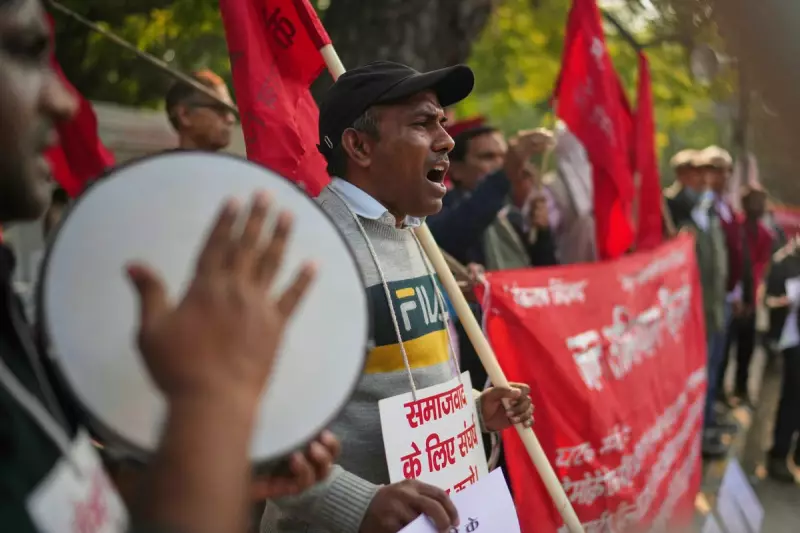
Nationwide Protests Erupt Over Labour Reforms
A coalition of ten major Indian trade unions mounted coordinated nationwide protests on Wednesday, 26th November 2025, against the government's controversial new labour codes. The unions labelled the sweeping changes a "deceptive fraud" against the workforce, marking the first significant labour action since the codes came into effect last week.
What the New Labour Codes Change
The government has consolidated 29 existing labour laws into four comprehensive codes covering wages, industrial relations, social security, and occupational safety. Officials in New Delhi argue this modernises outdated regulations, simplifies compliance, and extends social security to previously unprotected workers in the unorganised sector and gig economy.
New provisions also make it compulsory for employers to issue formal appointment letters, fix a timeframe for salary payments, and allow women to work night shifts with appropriate security arrangements. Furthermore, fixed-term employees are now entitled to the same benefits as permanent staff, including leave and maternity benefits.
Why Unions Are Furious
Despite the government's assurances, unions representing millions of labourers and farmers contend the implementation reveals a framework deeply skewed toward employers. They point to provisions that facilitate easier layoffs for larger firms, expand the use of fixed-term contracts, and tighten conditions for forming unions or calling strikes.
Tapan Sen, General Secretary of the Centre of Indian Trade Unions, accused the government of bulldozing workers' rights. Similarly, Amarjeet Kaur of the All India Trade Union Congress described the move as an attempt to push workers back to a colonial era where their voices are silenced.
The government has defended the reforms as long overdue, essential for attracting investment and creating more formal jobs in the long term. It has not formally commented on the strike, typically dismissing the unions' assertions.





